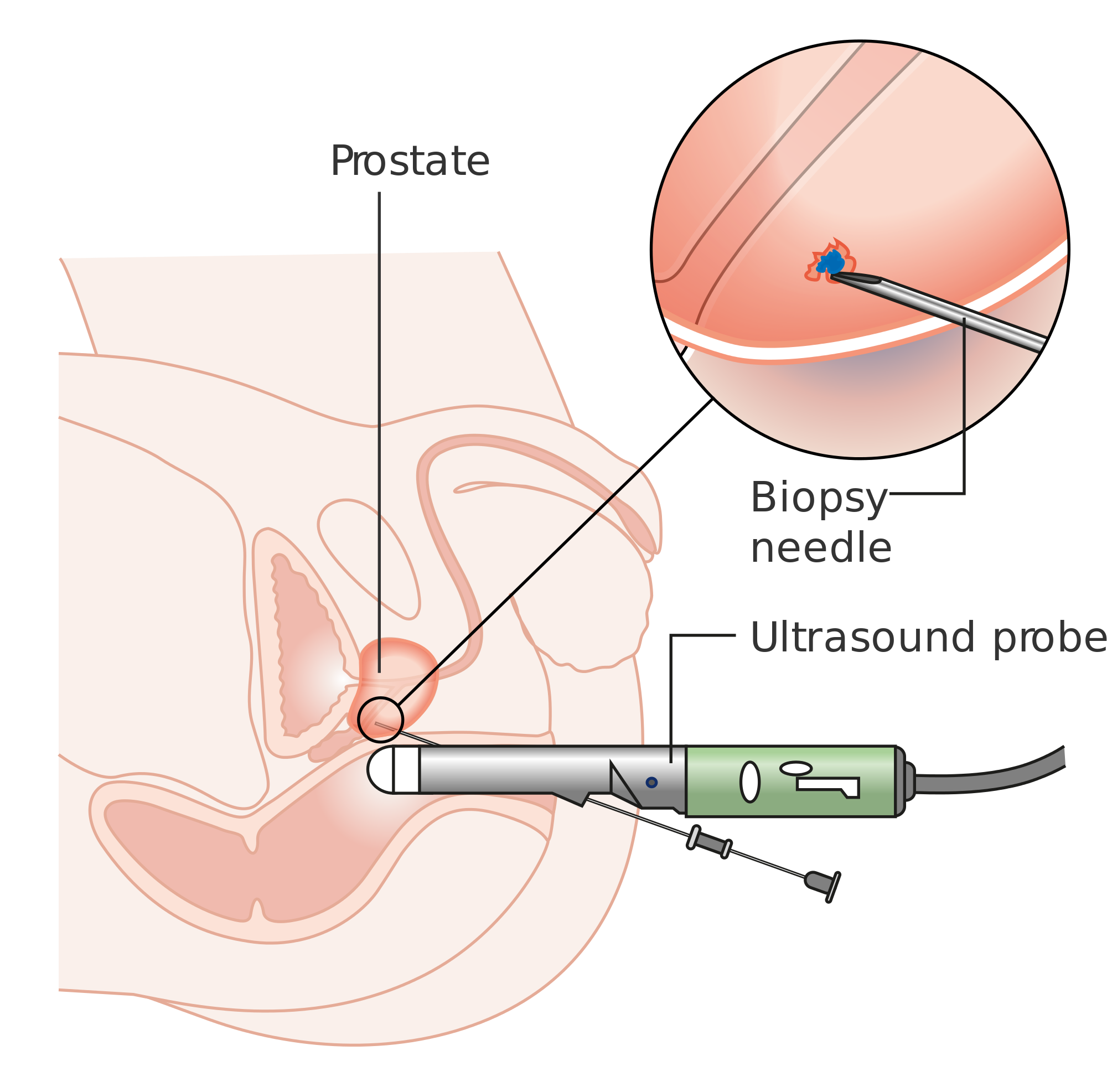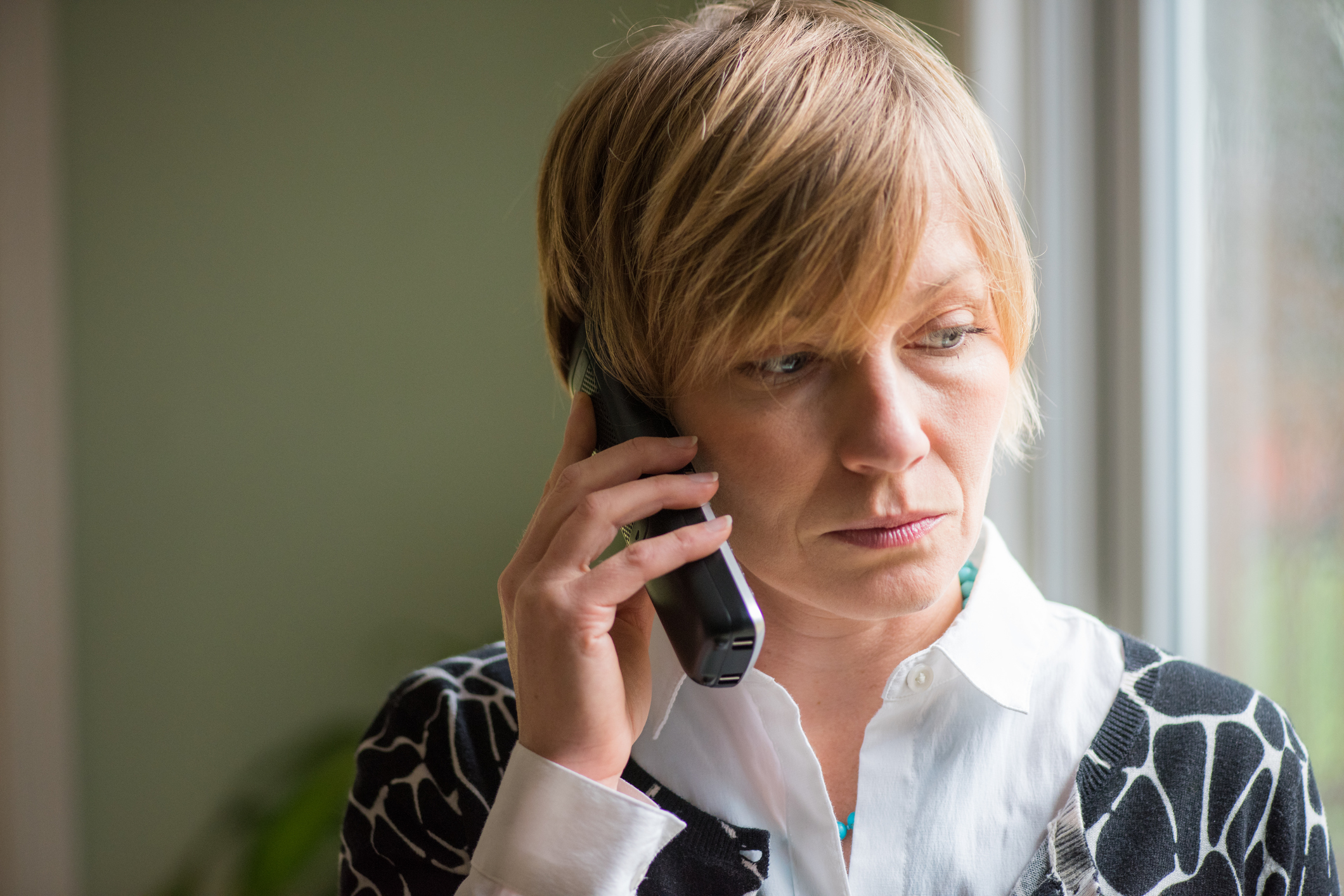A biopsy is a test that takes a sample of cells from your prostate. These cells are then tested for cancer.
Biopsy samples can also give information about the grade of a cancer – how fast it might grow or spread.
There are 2 ways to do a prostate biopsy:
- Transperineal biopsy
- Trans-rectal ultrasound (TRUS) guided biopsy.






